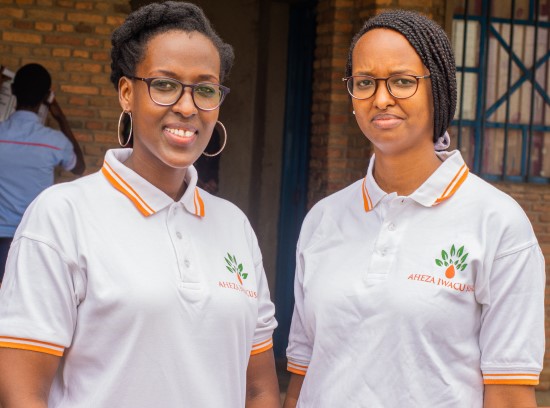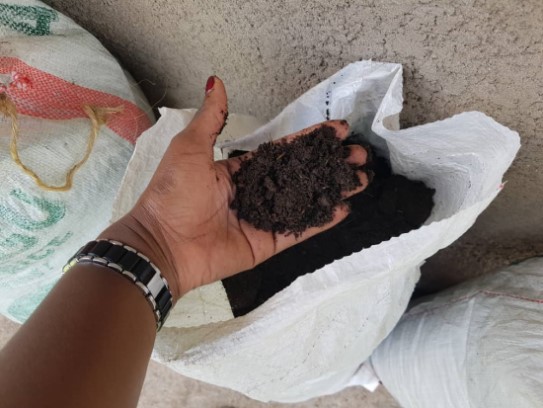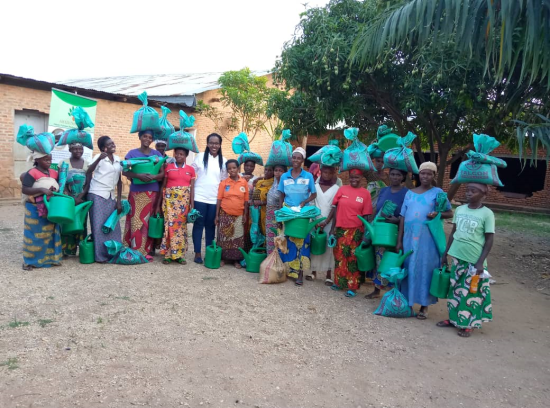AHEZA IWACU
The female-led African start-up AHEZA IWACU provides innovative waste management solutions through collection, recycling, and upcycling of local organic and plastic waste streams, turning them into organic fertilizers or plastic by-products. Beyond helping to improve the Burundian waste management system, AHEZA IWACU is also actively promoting a circular economy and sustainable Food systems in Burundi, by training and educating smallholders on bio-intensive and intercropping practices and introducing the “Heza App”, an educational tool on waste management and collection services. This way, AHEZA IWACU is providing “better homes” for Burundian citizens, as the meaning of the start-up name in the native Burundian language Kirundi also implies. For these reasons, AHEZA IWACU has been chosen as our Start-up of the month for April 2021.
Year of Foundation:
November 2017
Addresses the following SDGs:
SDG 2 (zero hunger), SDG 12 (responsible consumption and production), SDG 13 (climate action), SDG 14 (life below water), SDG 15 (life on land)




